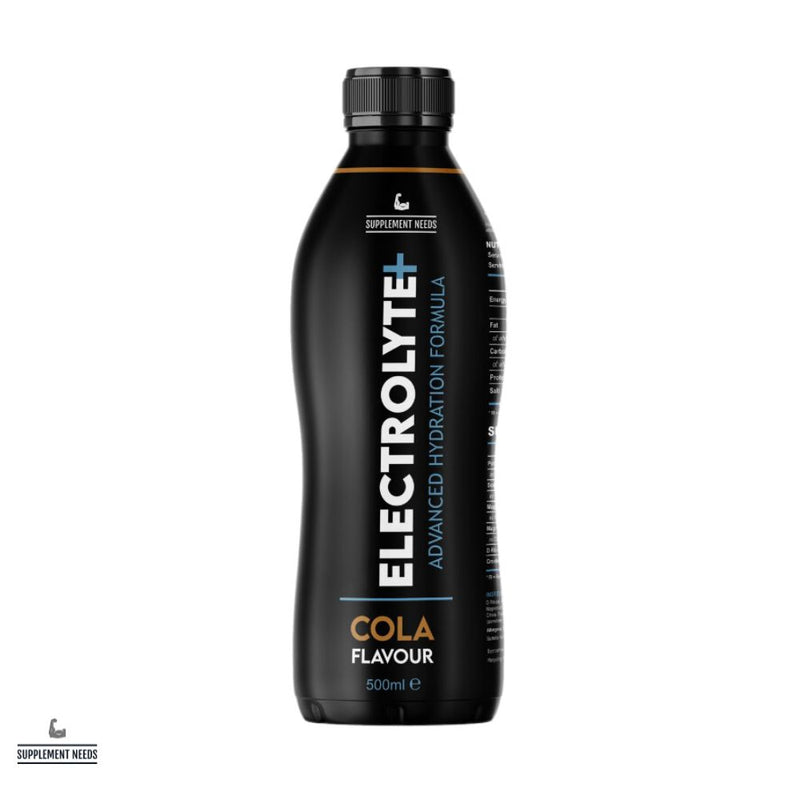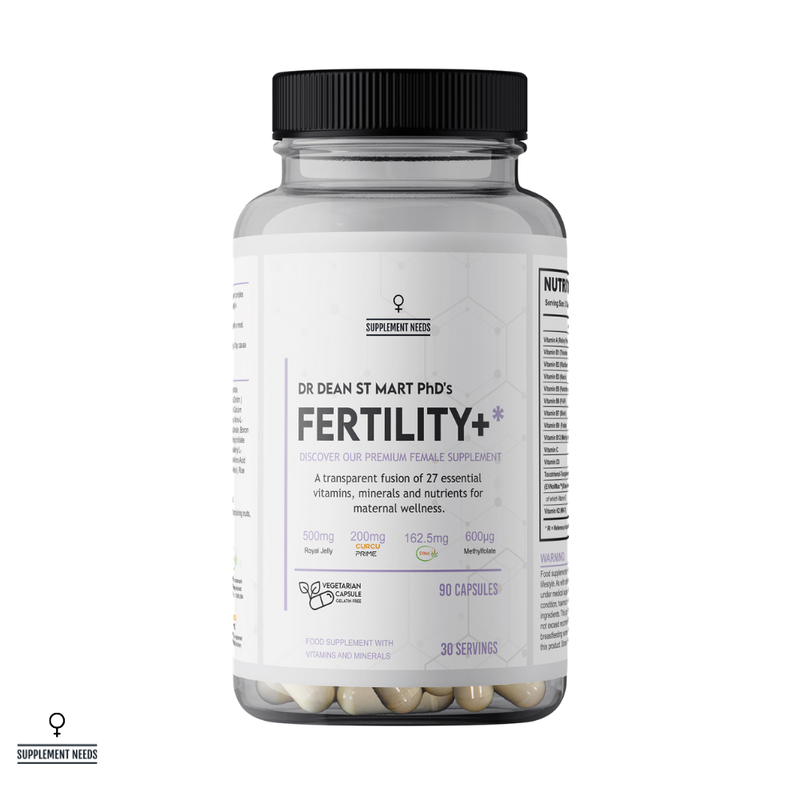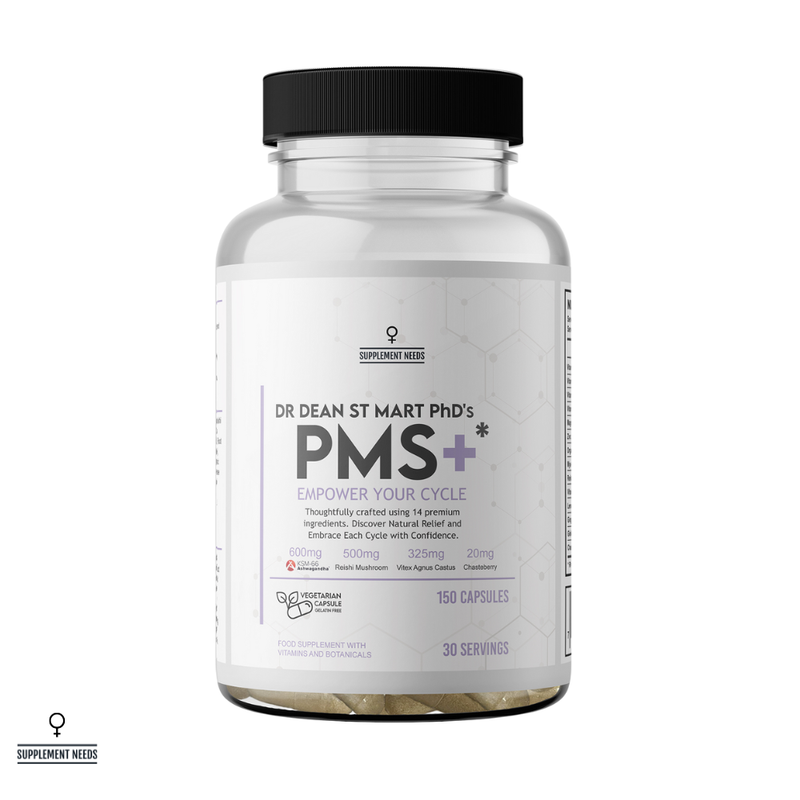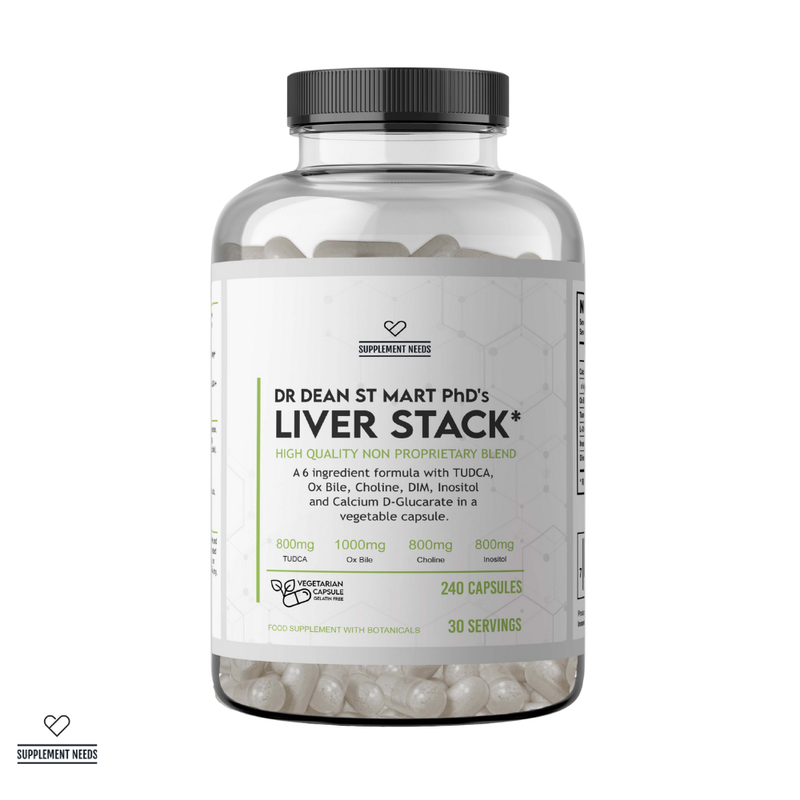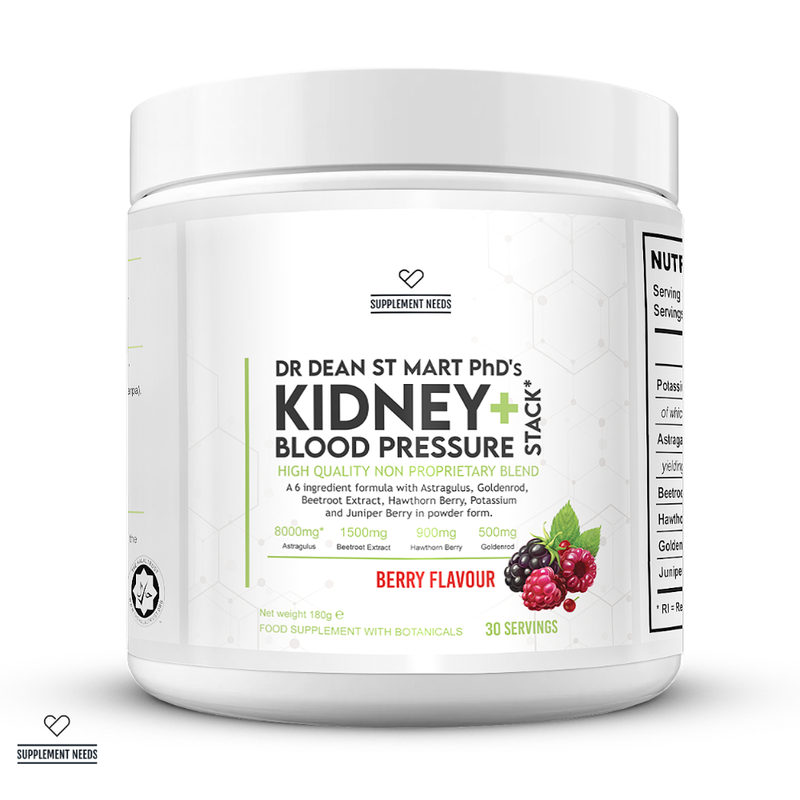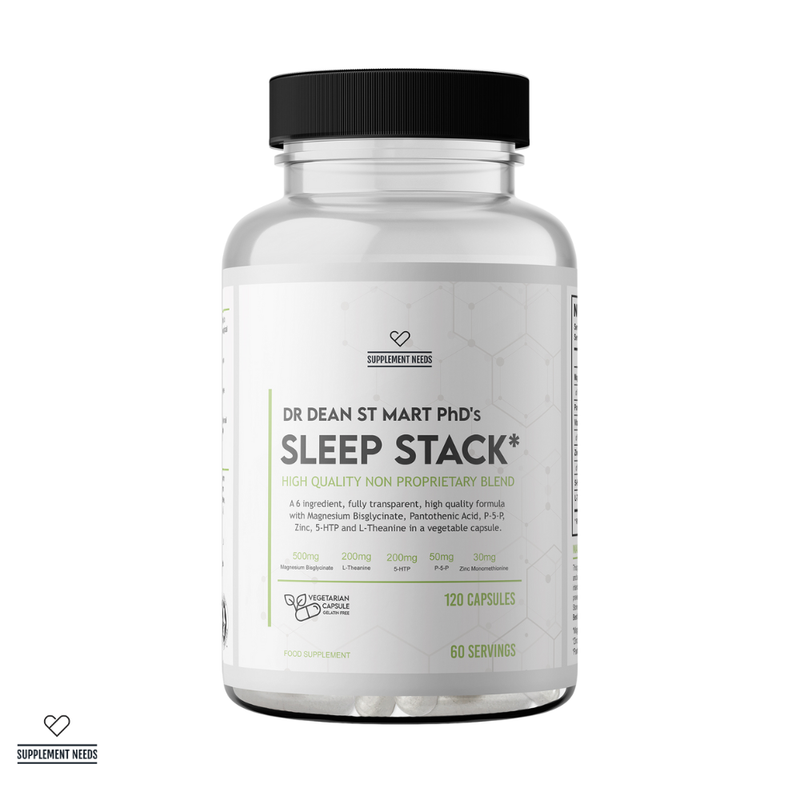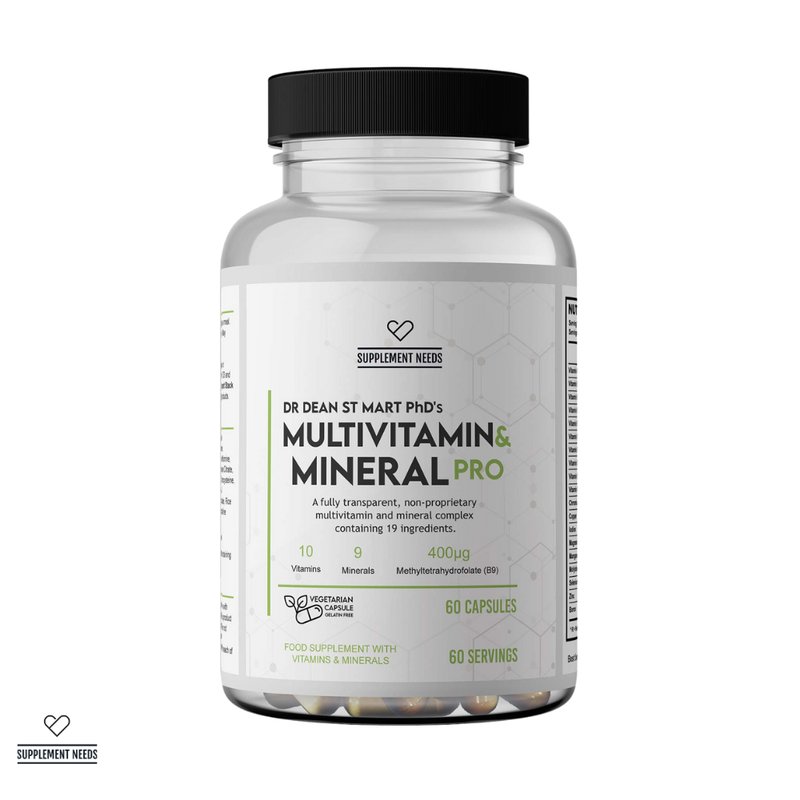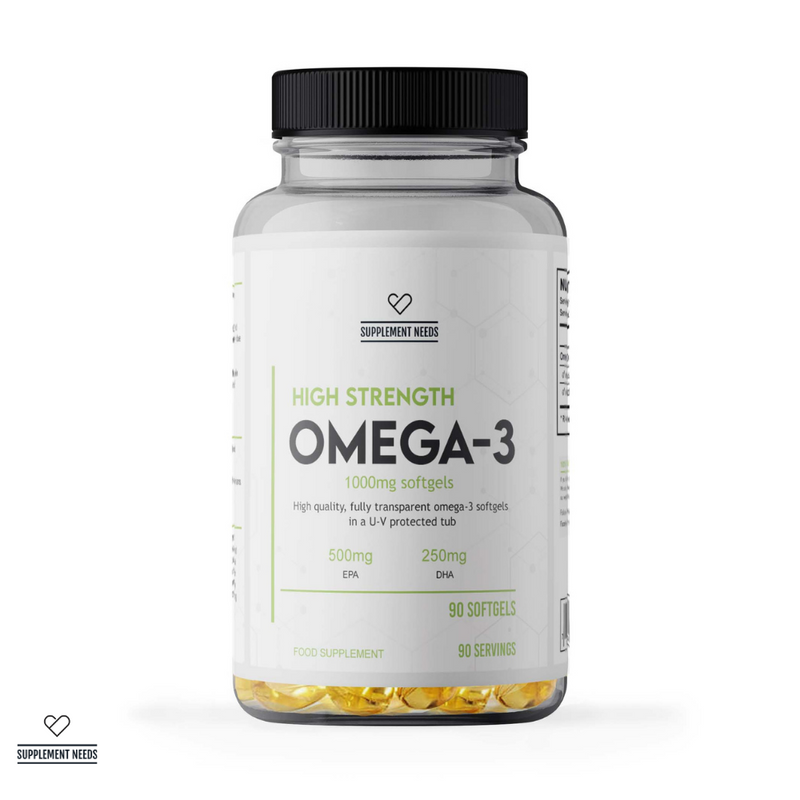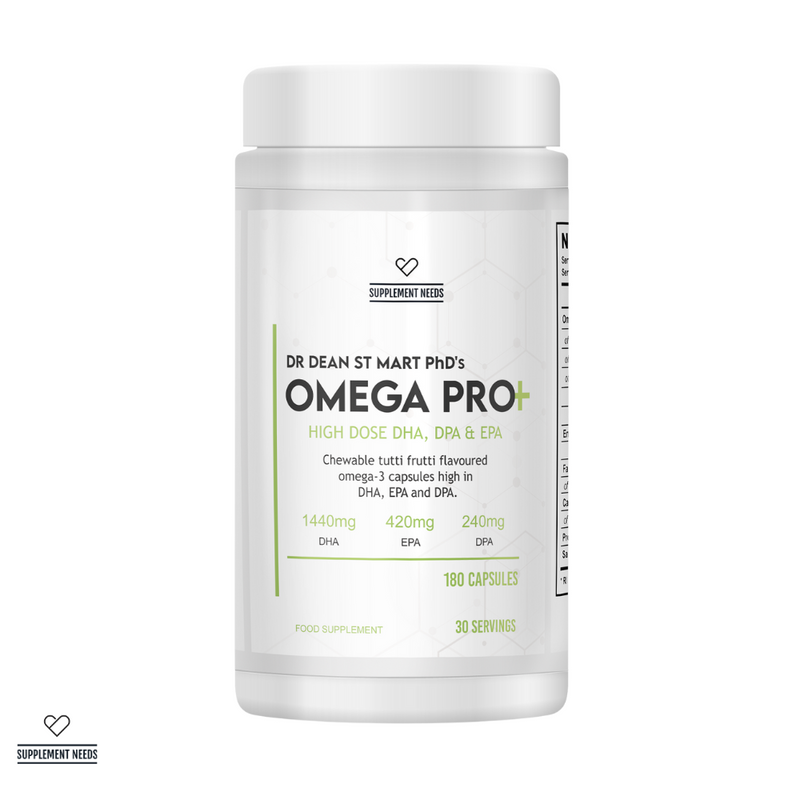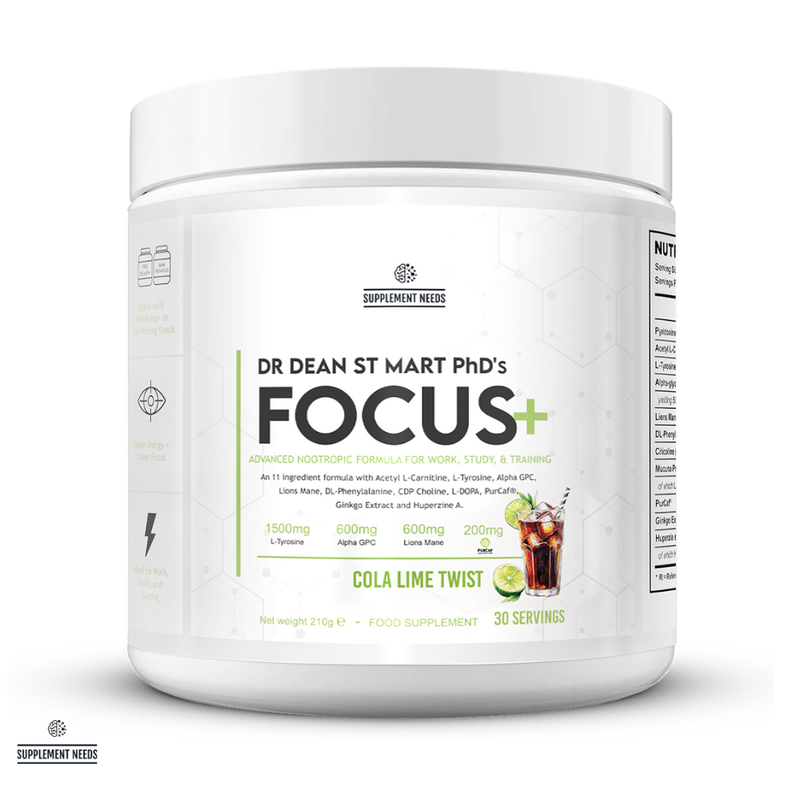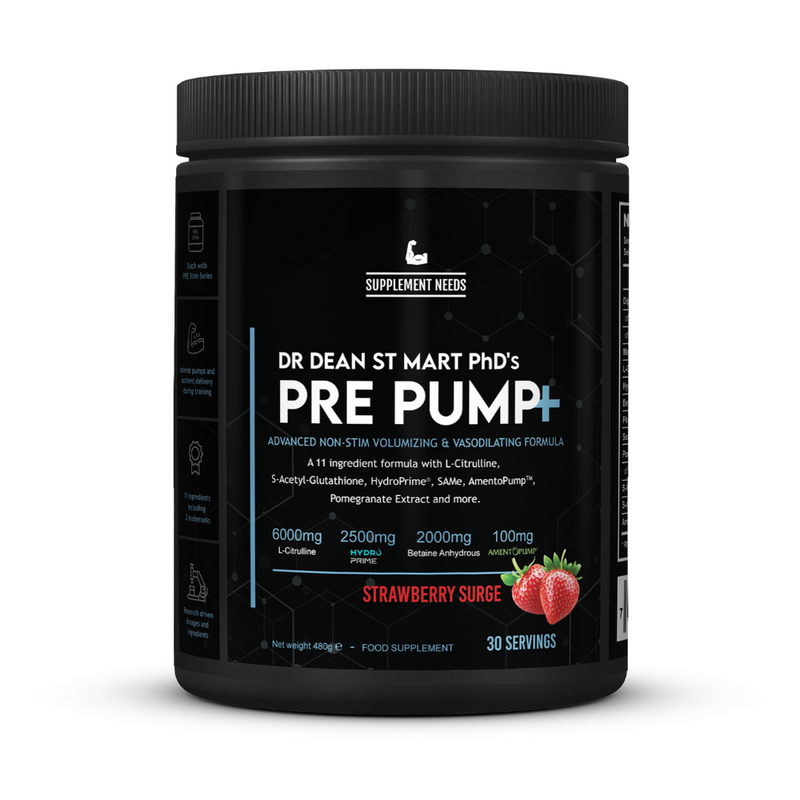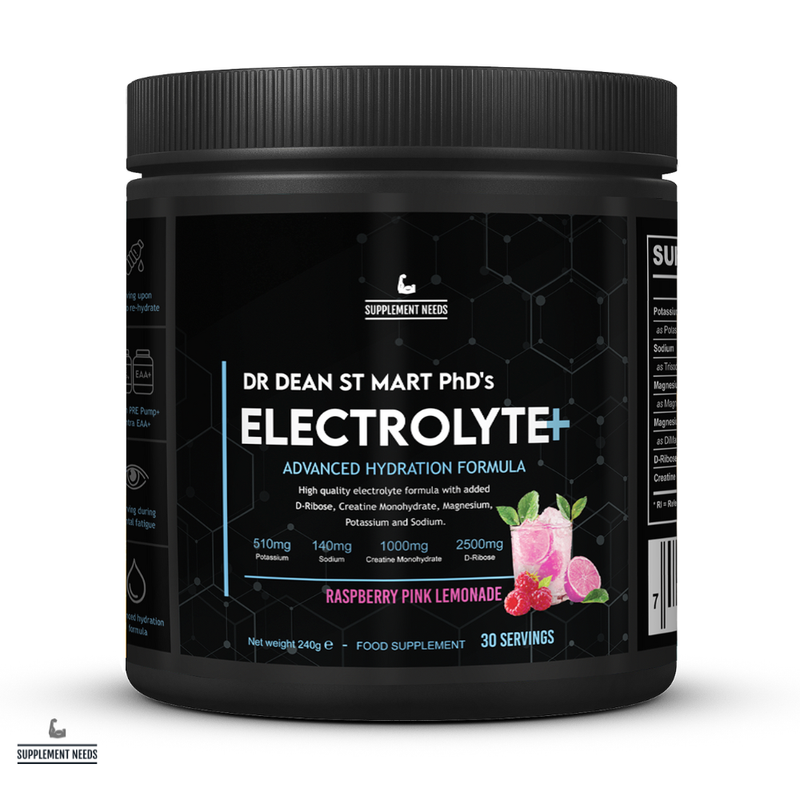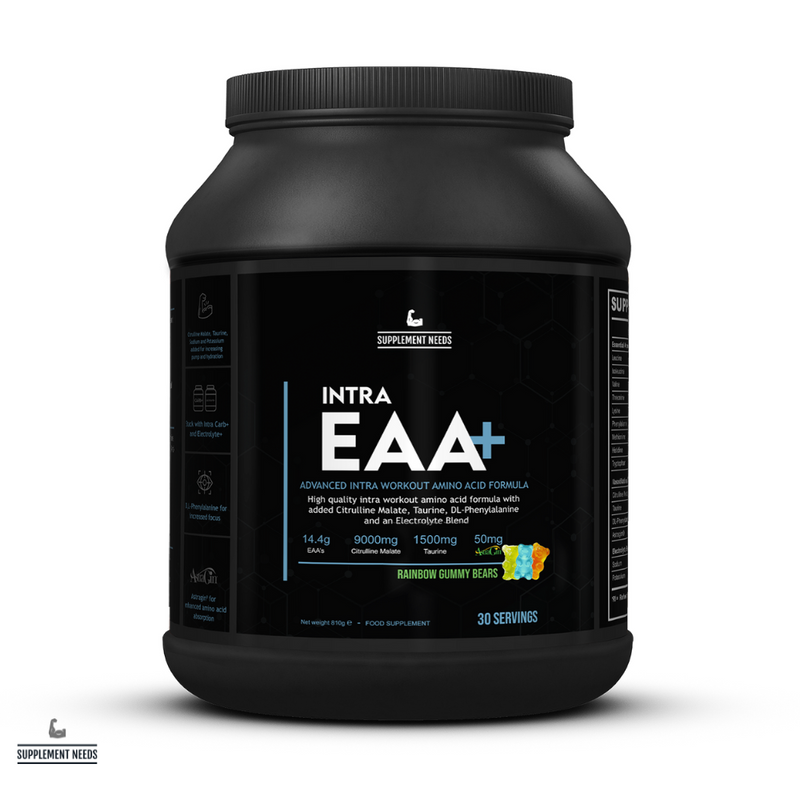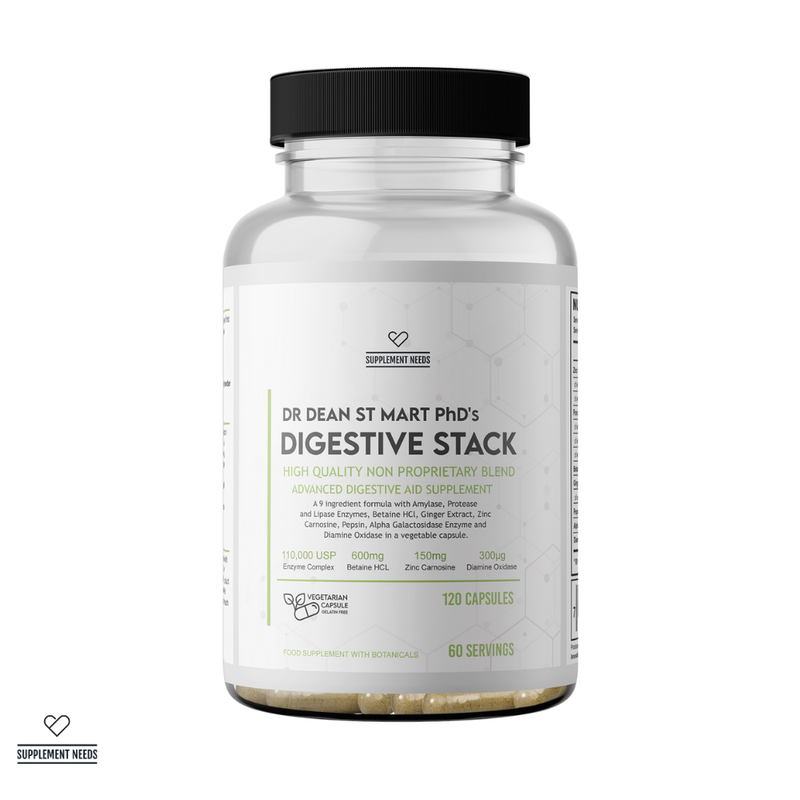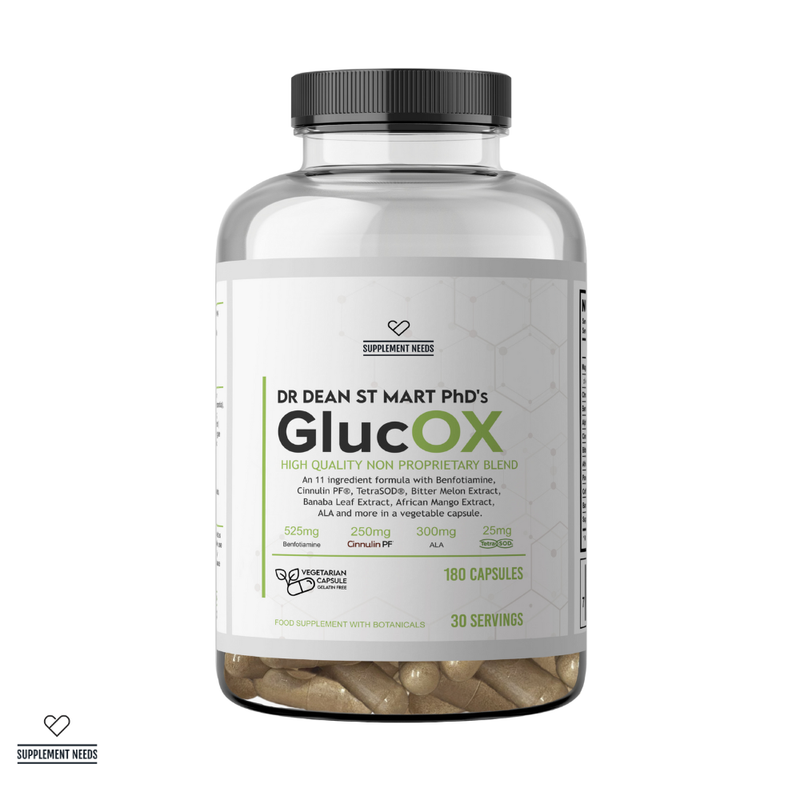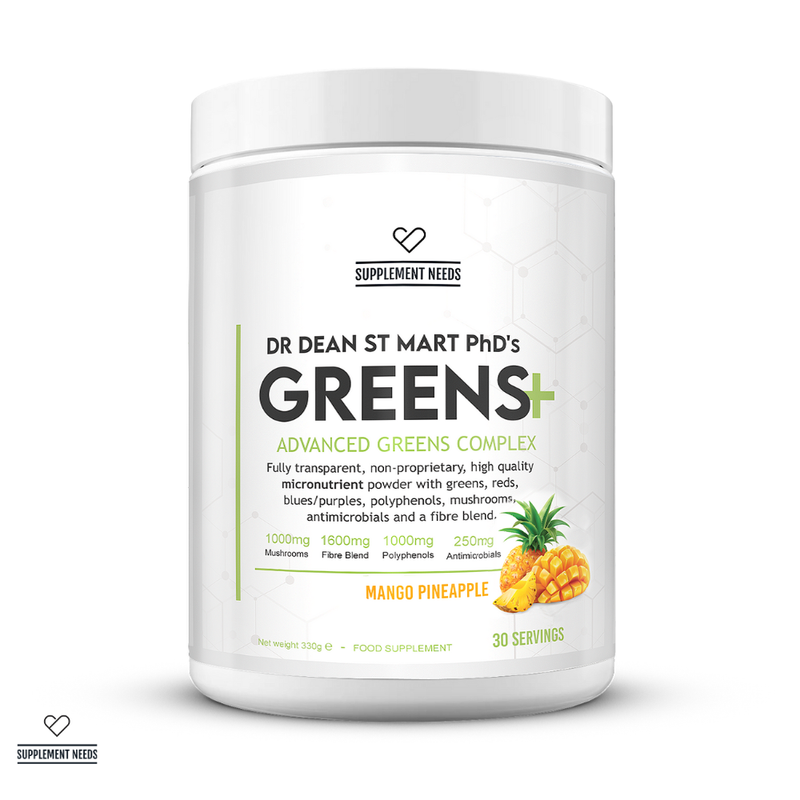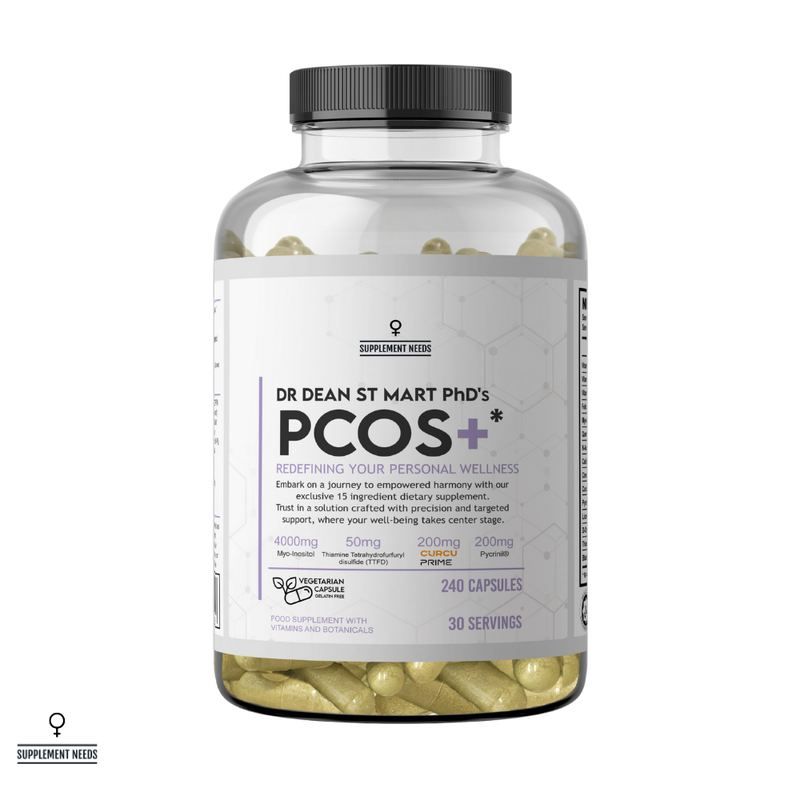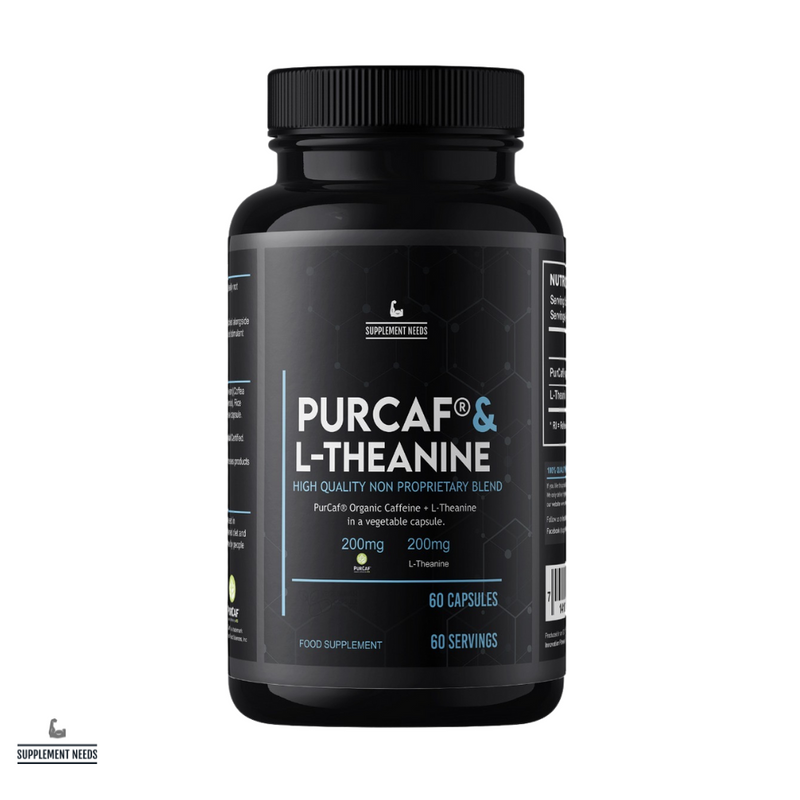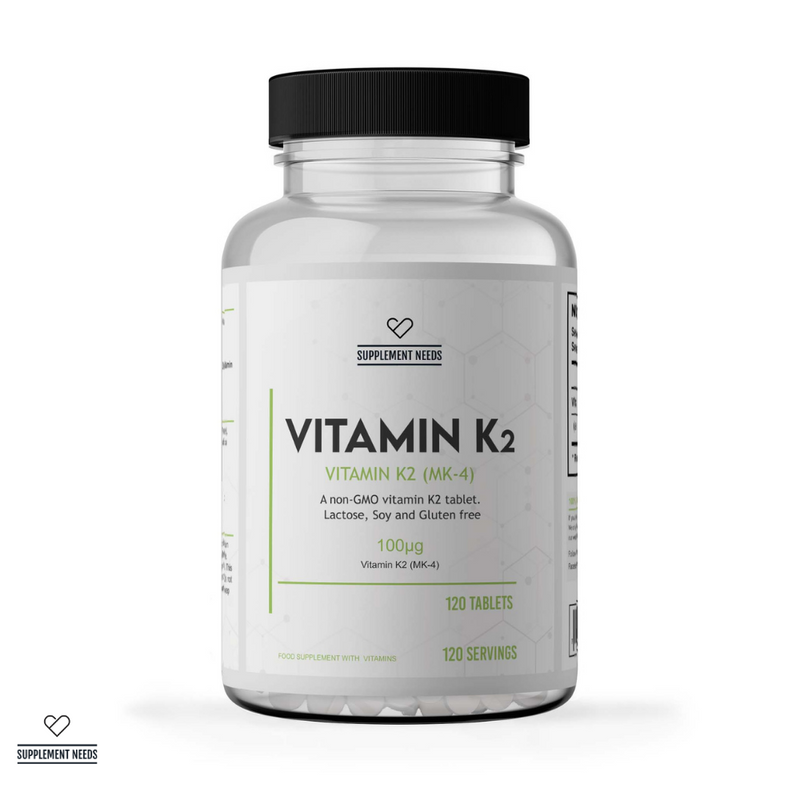What is Vitamin K?
First discovered in the early twentieth century, Vitamin K is one of the four fat-soluble vitamins your body requires to maintain its core metabolic processes.
There are multiple types of Vitamin K, with these being; Vitamin K1, K2, K3, K4, and K5. However, the two major ‘subtypes’ are:
- Vitamin K1(Phylloquinone).
- Vitamin K2 (Menaquinone).
Originally named ‘Koagulationsvitamin’ the etymology of Vitamin K reveals one of its primary functions - to support coagulation a.k.a. blood clotting. It does this by acting as a cofactor for a group of ‘Vitamin-K dependent clotting factors’. In turn, these clotting factors (as part of the process of secondary hemostasis) activate blood-clotting proteins.
A series of studies have revealed that - in addition to coagulation - Vitamin K supports a number of other bodily functions. These include calcium metabolism. In particular, scientists have concluded that Vitamin K activates osteocalcin, a protein that promotes the accumulation of calcium in your bones and teeth - thus having a positive effect upon skeletal health.
Conversely, Vitamin K is also believed to activate the ‘matrix GLA’ protein (a member of the Vitamin K2 dependent Gla-containing proteins). In activating this protein, calcium is prevented from accumulating in soft tissues such as blood vessels.
Studies (Joo Lee, Lee, Jeon. 2020) have suggested that Calcium build up in the arteries around the heart is a major risk factor for heart disease. Thus, the inhibitive effect of Vitamin K against Calcium has been linked to improved cardiovascular health. In fact, one study (Hariri, Kassis, Iskander et al. 2021) found a lower risk of heart disease in adults who supplemented Vitamin K.
What are the potential Vitamin K benefits?
As you’ve just read, Vitamin K contributes to some of the body’s most important metabolic processes. It follows from this, then, that Vitamin K may have some potential health benefits.
It helps that Vitamin K has been extensively studied - beyond its role in coagulation. As one study (Khalil, Alam, Akbari et al. 2021) characterised the situation, ‘Evidence has elucidated its vital role in the coagulation pathway, with more recent research investigating the effect it has on extra-hepatic processes in the body’. (Emphasis ours).
Let’s take a closer look at some of the potential benefits associated with Vitamin K:
- May improve bone health - given that Vitamin K supports Calcium metabolism it follows that it may support bone health. Presumption aside, one meta-analysis (Ma, Ma, He et al. 2022) of 16 studies found a positive correlation between Vitamin K2 supplementation and bone mineralisation and bone strength in postmenopausal women. Further research is required on this potential benefit, however.
- Many improve dental health - again, given Vitamin K’s role in Calcium metabolism, it has been linked to improved dental health outcomes. Whilst evidence is limited, one review (Chuai, Dai, Lku et al. 2023) of 4,965 elderly individuals found that regular supplementation of Vitamin K (coupled with moderate fibre intake) was effective at preventing periodontal disease related tooth loss.
- May reduce the risk of heart disease - as has been previously studied, as an activator of the matrix GLA protein, Vitamin K prevents the build up of Calcium within blood vessels (a major risk factor for the development of heart disease). A meta-analysis (Chen, Sheng, Zhang et al. 2019) of 21 studies provided evidence towards this theory, finding that in 222,592 participants, an increased dietary intake of Vitamin K (1 or 2) was linked with a moderately reduced risk of coronary heart disease (although, not mortality).
As you can see, Vitamin K not only plays an important role in the body, but ensuring you aren’t deficient in this vitamin can potentially have some positive health benefits, too.
How much Vitamin K do you need?
At present, the UK Government has not set out any recommended daily intake guidelines for Vitamin K. However, the National Health Service (NHS) does state that healthy adults require approximately 1 mcg (microgram) of Vitamin K for each kilogram of their bodyweight. So, for example, if you weigh 95 kg (approx. 15 stone), then you’ll require around 95 mcg.
It’s important to remember that, in contrast to water-soluble vitamins, fat-soluble vitamins can take a long time to be metabolised by the body. In fact, Vitamin K2 can take several days to be fully metabolised due to its long side chains. As such, you should always be careful when supplementing your diet with a Vitamin K supplement. Never exceed the stated dose.
Remember that any Vitamin K that your body doesn’t need immediately is stored in the liver for later use.
Foods high in Vitamin K
Aside from supplementation, it is entirely possible to obtain the Vitamin K your body needs from many foodstuffs. Examples of foods rich in Vitamin K include:
- Leafy green vegetables - such as broccoli and spinach.
- Vegetable oils - soybean oil, palm oil, olive oil etc.
- Grains - such as wheat, barley, corn, oats.
What’s the relationship between Vitamin K and Vitamin D?
Did you know that there’s a synthesis between Vitamin K and Vitamin D?
As fat-soluble vitamins, Vitamins D and K both play a role in ensuring ‘Calcium balance’ within the body.
We’ve already seen that Vitamin K activates certain proteins that prevent excessive amounts of Calcium from building up in soft tissues - particularly blood vessels. The matrix GLA protein that is ‘activated’ by Vitamin K binds to excess Calcium and thus promotes arterial flow. As the studies mentioned above suggest, this may improve overall heart health.
So, where does Vitamin D come in?
Just as Vitamin K helps to regulate and metabolise Calcium, Vitamin D (specifically D3) supports Calcium absorption. By supporting the absorption of Calcium within the gut, Vitamin D makes an (albeit indirect) contribution to skeletal health.
Think of the two vitamins as being a ‘team’. Where Vitamin D3 ensures maximal Calcium absorption by the body, Vitamin K steps in by activating special proteins that will bind to excess Calcium, thus preventing harmful accretions within soft tissues.
They effectively work together to ‘balance out’ Calcium within the body.
With that in mind some people choose to ‘stack’ Vitamin K and Vitamin D3 supplements together (by ‘stack’ we mean taking both supplements together). Here at Supplement Needs we recommend taking our Vitamin K2 supplement together with Supplement Needs Vitamin D3.
What to look for in a Vitamin K supplement
When it comes to choosing a Vitamin K supplement you’ll find that you’re offered a frankly enormous amount of choices.
However, it’s important not to take supplements at face value, but actually delve into their substance and characteristics. Here are the key things to look for in a Vitamin K supplement:
Check the form of Vitamin K
As we outlined above, there are a number of different types of Vitamin K. If you want to buy the very best Vitamin K supplement, then ensure you’re choosing a product that has been formulated with the most efficacious form of Vitamin K.
You’ll see Vitamin K2 widely touted as being the most efficacious form of Vitamin K for supplementation, and that’s correct. But, did you know that K2 itself can be further subdivided?
There are both long-chain and short-chain forms of K2 (their respective numbers indicate how many carbon atoms they have in their ‘chain’):
- MK-4 - menaquinone-4 is a short chain form of K2. Being an aliphatic compound (with a chain of fewer than six carbon atoms), the MK-4 form of K2 is particularly biologically active and easily absorbed by the body.
- MK-7 - menaquinone-7 is a long chain form of K2.
- MK-8 - menaquinone-8 is a long chain form of K2.
- MK-9 - menaquinone-9 is a long chain form of K2.
Note - the long-chain forms of K2 are also particularly bioavailable and absorbed in a similar manner to MK-4. They also have a long half life in circulation (having been redistributed by the liver in the form of LDL (Low-Density Lipoprotein).
If these different types of Vitamin K2 have similar absorption profiles, then which one should you be looking for in a Vitamin K supplement?
Here at Supplement Needs we’d argue that MK-4 is the type of Vitamin K you should be looking for. Why? Because, regardless of which type of Vitamin K2 you take, it will eventually be converted by your body into MK-4 (Sato, Inaba, Yamashita. 2020). Hence, it makes sense to skip the conversion factors and supplement your diet with the ‘end form’ of Vitamin K2.
Furthermore, Vitamin K2 MK-4 is, as you’d expect based on the above, the predominant form of Vitamin K2 found in the body. MK-4 is also the only form of Vitamin K2 that accumulates within your body’s extrahepatic tissues (Shearer, Okano. 2018). Based on this, MK-4 can be viewed as the most efficacious and bioavailable form of Vitamin K2.
Lastly, MK-4 K2 has been extensively studied, with a significant clinical evidence base covering its function.
Other things to look for in a Vitamin K supplement
Obviously, the form of Vitamin K2 (as described above) is the most important thing to check when buying a Vitamin K supplement. However, there are a few other characteristics you should consider:
- The supplement has been developed by a credentialled expert. Supplement Needs’ products have been developed by Dr. Dean St Mart PhD.
- Has been manufactured to GMP and ISO standards.
- Manufactured using non-generic, high-quality ingredients.
- Suitable for vegans and vegetarians.
If you want a supplement that ticks all those boxes, then check out Supplement Needs Vitamin K range now!
